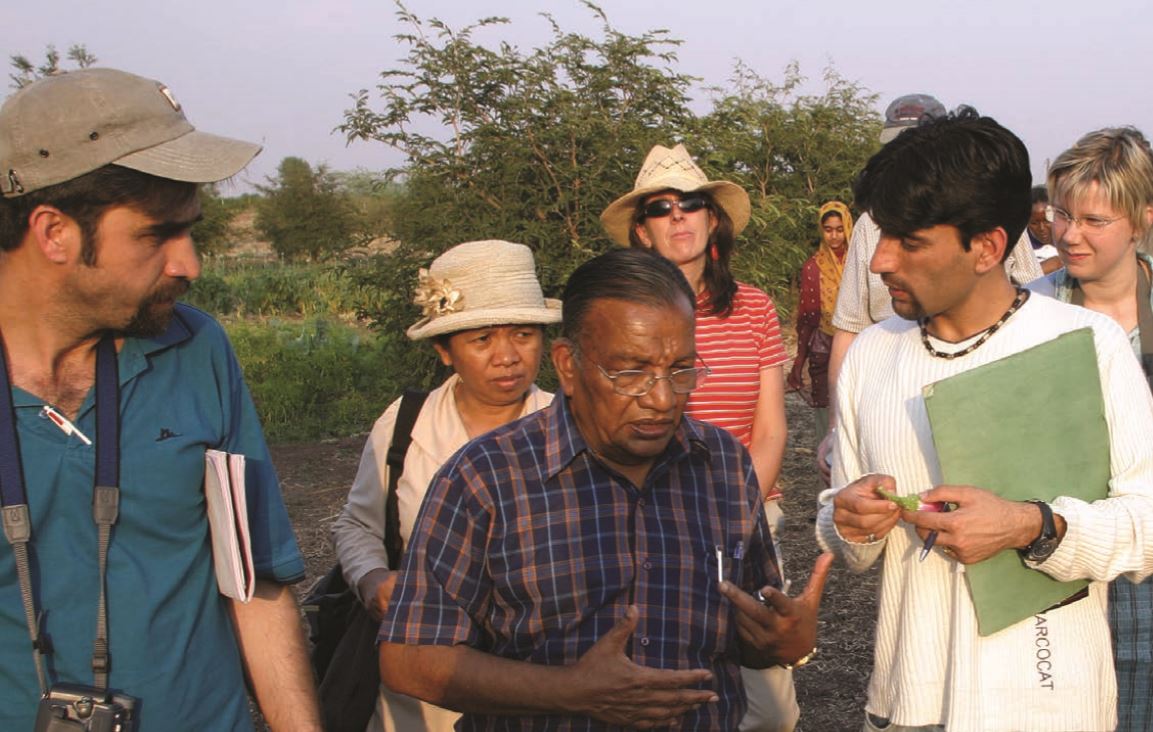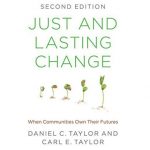His autobiography is titled My Experiments with Truth
Experience across a quarter century of implementation efforts shows that the greatest danger to SEED-SCALE is external control taking over. The external has substantial power and incentives; moreover, it usually believes it is superior. But here is how the external most commonly takes over. It either comes in with SEED-SCALE and some money, and says “We have this great tool, let’s do SEED-SCALE, and I will pay you to do this, and that person to do that, let’s start now the Seven Tasks.” OR, a Bottom-up/Top-down/Outside-in partnership starts seeds growing, then either the Top or the Bottom decides they were the reason for the success, and now super-energized this partner takes control.
But Remember: societal change is all about energy, using the diversity of energies. External forces have usually three energy sources: power, money, and promises (which may not ever be delivered). With SEED-SCALE internal control has greater variety than those three energy sources—the challenge is continual re-balancing of these—but in addition to power, money, and promises include creativity, labor, trust, hope, perseverance, teamwork, the list goes on.
The great danger is losing this diversity of the internal or losing control. Control is so essential, more important than resources—as control is guidance of growth. When guidance is authentic to the local, then it is consistently re-adjusting for optimal results. The key word here is TRUTH. Gandhi’s central quest, growing a momentum that gathered of one-fifth of humanity, was Satyagraha, truth energy. Being guided by Truth was so powerful that it disempowered (did not overpower) the mightiest Empire then on Earth.
Losing the continuing discovering, then re-discovering, of Truth is the essential requirement of optimizing human advancement (which is a never-reached but can be an always in-sight quest). Only through this on-going learning are actions be corrected. A seed growing in the ground continually is exploring where its roots should penetrate in the enabling environment of the soil. Above ground it is turning to the nutrients of sun, spreading its leaves with maximum reach to receive that energy, bending against the winds. Each plant controls that, and in that control distributes its growth distinctively.
From a theoretical position, the concept here is Emergence. (Emergence defines an inside-out continuing re-assembly, driven by internal principles, that results in a structure where the whole is a new entity unlike any of its parts but created by an interaction of all the parts.) The key is control is by the system, growing from its distinctive principles. Frequent efforts to define social change often failed because they focused on an input from the external, usually money (something that is hard to get); one kind of leadership (usually a powerbroker or an expert who might not know the local); on needs (that meant building from what was broken); and specifying answers (deliverables) that often focused on proof to a donor (rather than the people).
The principles operating in such traditional social change are: the expert knows best, direction comes from plans, directing focus on what’s broken, and implementing action through a resource people compete over. A system so functioning has the characteristics represented in the chart below in contrast to SEED-SCALE.







